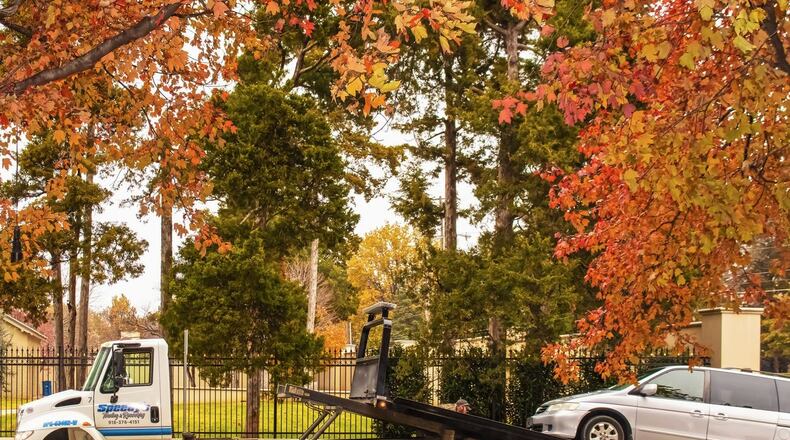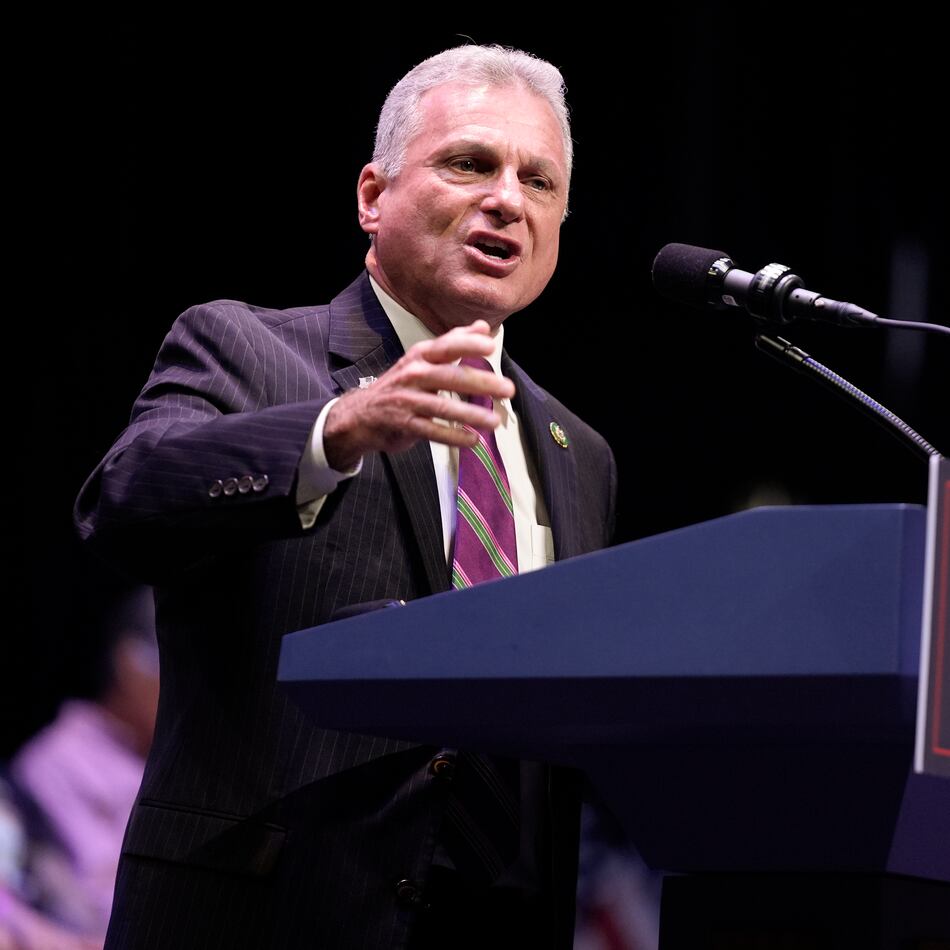Recently, we explored a quandary my wife, Momo, and I very accidentally, but avoidably found ourselves in. We drove a short distance to dinner, underestimated the boozy effects of the menu, and hoofed it home. I marched back to the parking deck before 7 a.m. the next day and found a ticket, despite the fact that the businesses had not yet opened.
So that led to this question: What should people do if they are stuck in a similar scenario?
My column on this opened up a bigger discussion amongst faithful Atlanta Journal-Constitution readers. While some got on my case for planning poorly (they are absolutely right) others described similar situations. And there seemed to be an overall frustration with the ambivalent inflexibility – and the high charges – of parking companies.
On the same night as our incident, Allison in Athens also had a fun night out and parked her car overnight at an Earth Fare grocery store. The store called the towing company at 6 a.m. to remove her car and she had to pay $225 – cash only – to get her ride back. Ouch.
That certainly is cheaper than a DUI ticket and far less damaging than a crash. But Allison’s penalty was four times worse than my $55 ticket and she, too, made a responsible decision to not drive.
Reader Gary suggested I appeal the fine to the local court. I think my chances would have been better if the City of Chamblee or DeKalb County had issued the citation. Instead, it is a private company on the property of the company that hired them. Their rules.
That fact really works against the driver. Parking companies do not have to have great customer service. Choices are few when planning to park at a venue, so the free market really has no effect on the experience, the pricing, or the penalties.
None of this is to say that there should be rules against private parking. But it does describe why there is no incentive for these private enforcers to entertain or reverse any penalties.
I learned from a city official that for these companies to be licensed, they often need to have their enforcement process approved. So the city or county can put pressure on these companies to behave in better faith.
That should certainly be considered in the case that Austin shared with me. Austin skipped a long $5 valet parking line in Buckhead back in November and parked in the self-parking garage. The restaurant validated his parking, but that only covered two hours; Austin parked there for just less than three hours. His charge from the deck was $87.
Austin called the deck and eventually the restaurant, who got the charges cancelled and told Austin they had dealt with several similar outlandish charges.
Another reader noted that certain car-insurance policies cover vehicle tow-backs, though a policyholder would need to read their plan over to make sure that this does not initiate a claim. Claims, of course, can raise a user’s rates.
Along those lines, AAA does offer its “Tow-to-Go” program to members during holidays, and Georgians are in one of the eligible states. This free benefit lets a driver who has been overserved to call a tow truck to bring both them and their vehicle home.
Better planning, especially in this age of ridesharing, would have saved us the hassle and money. But the quandary did bring up a good discussion – one that even further convinces me that private parking companies need self-imposed reform. Reading instances where a driver gets dinged $87 for parking one hour too long makes me cringe.
The most perfect solution to the parking dilemma is simply to rideshare or to always have a designated driver. We can only control ourselves. But seeing more flexibility from parking enforcers could certainly forge better outcomes when plans go askew.
Doug Turnbull has covered Atlanta traffic for more than 20 years and written “Gridlock Guy” since 2017. Doug also co-hosts the “Five to Go Podcast,” a weekly deep dive on stories in motorsports. Contact him at fireballturnbull@gmail.com.
About the Author
Keep Reading
The Latest
Featured



